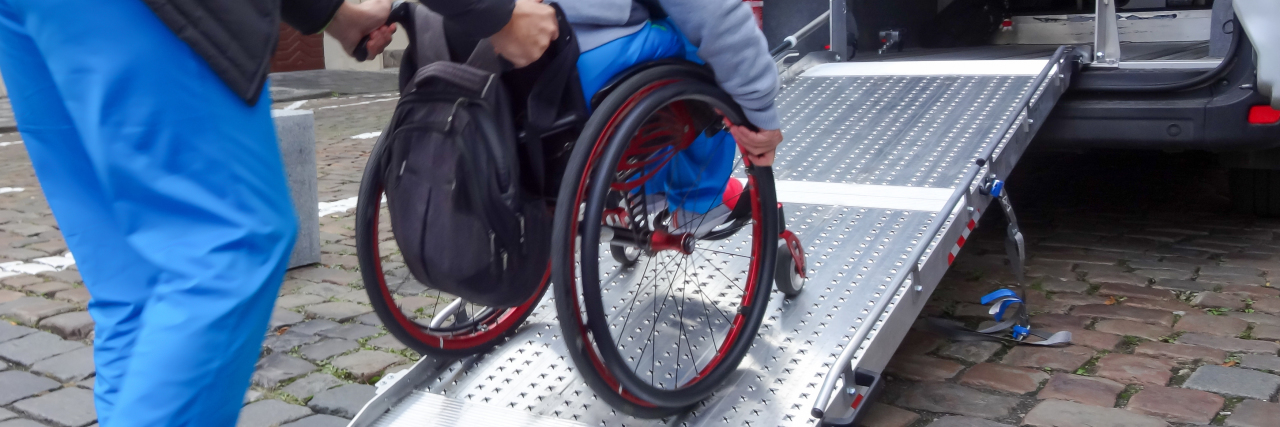For a long time, there has been a wide academic theory to support tourism development, which has given us a basic framework known as “the 5 As of Tourism.” If the framework is to be believed, by fulfilling these five basic requirements, you should be able to create a successful tourist industry in your area. These 5 As are: Attractions, Accessibility, Accommodation, Amenities and Activities. However, it could be argued that many places have completely forgotten about one of the most pivotal As: accessibility.
In its simplest form, many would say accessibility covers basic transport structures. For a location to be a tourist hub, we need to be able to move visitors from their home to their physical destination. One might assume this means planes, boats, buses and trains. While I can agree with that simplistic overarching definition, I believe it shows the lack of thought that seems to have taken hold of the tourist industry. Many appear to be serving a generic customer and haven’t thought about individual needs. Sure, an international customer would need a plane, whilst a domestic might need another mode of transport, but this is a broad way of thinking.
If we look at a simple definition of what “access” actually means, it is the means or the opportunity to approach or enter a place. If this is the actual definition, then why does this framework only refer to access as transportation? It would appear the definition needs some work. If more tourist agencies and providers took the time to provide for each and every customer, then we might be looking at a completely different tourist landscape currently. Instead, we have a demographic of our society that isn’t being considered: travelers with disabilities.
You could ask a range of people with disabilities if they believe they have the ability to travel, and many would say it isn’t truly possible for them. Article 13 of the Universal Declaration of Human Rights states that we have the freedom to move, to be able to travel within our own country and to others. We are also guaranteed these freedoms under the Convention on the Rights of Persons With Disabilities. But is this human right truly being met if we aren’t able to access locations or premises? It appears as if an entire sector of our economy has been consistently getting away with the bare minimum. They seem to believe if they have a plank of wood they can put over some steps, they are meeting this human right. If we are to protect the human rights of people with disabilities, shouldn’t this framework be revisited?
I ask scholars that pride themselves on understanding the 5 As of Tourism, where do you stand? I ask those who are involved in the tourist industry, is your establishment accessible? Is a location accessible just because an able-bodied person can arrive in a car or by plane? Shouldn’t the accommodation need to be accessible to people with disabilities, or the attractions? We are here to say no to places that are advertising accessible rooms when they really aren’t. A disclaimer in the small print that it isn’t sure if it can cater for all isn’t enough. All areas of our society need to be accessible to everyone if we are to truly be a fair, equal, democratic nation and world.
This story originally appeared on Suzanne Stays.

